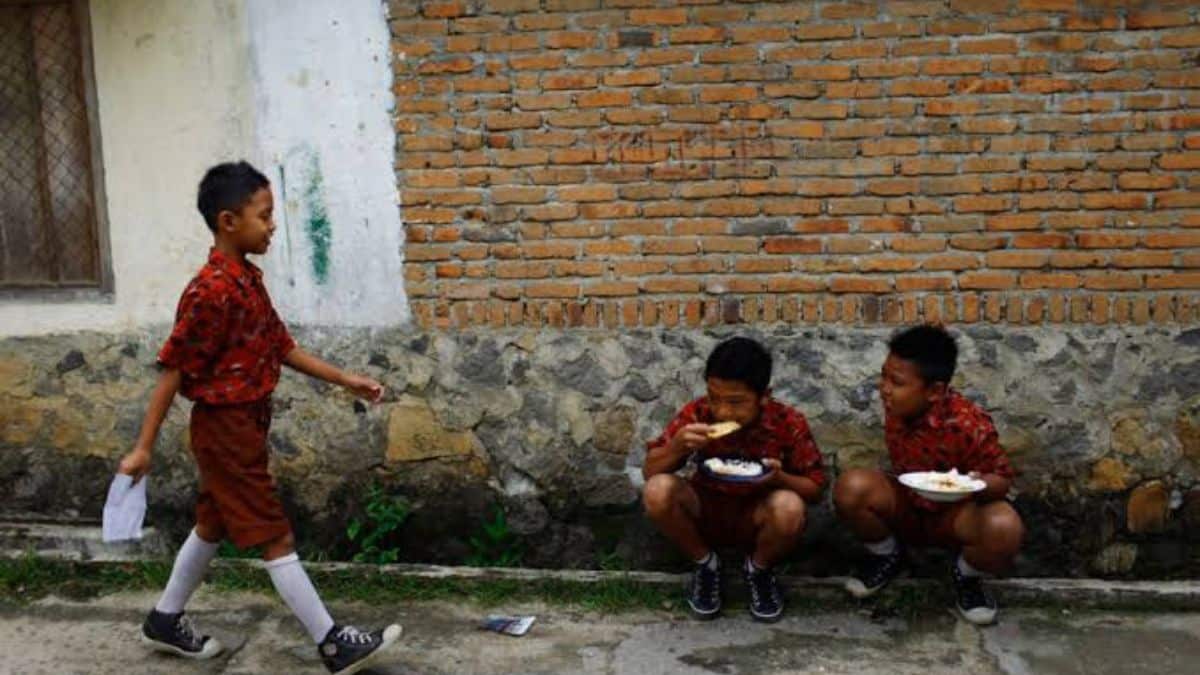Indonesia’s business community is raising significant doubts regarding the feasibility and sustainability of Defense Minister Prabowo Subianto’s ambitious initiative to provide free milk to schoolchildren across the country. The program, aimed at enhancing nutritional support for Indonesian youth, has garnered attention but also sparked concerns about its implementation and long-term viability.
The initiative, announced as part of Prabowo’s broader social welfare agenda, aims to distribute free milk to millions of schoolchildren to address nutritional deficiencies and promote healthy growth. While the program has been lauded for its noble intentions, business leaders are questioning its practicality and impact on existing supply chains and economic dynamics.
Critics within the business sector argue that the sudden implementation of such a large-scale program could strain local dairy producers and suppliers, potentially disrupting market equilibrium and affecting prices. Furthermore, logistical challenges in distributing milk to remote and rural areas of the archipelago present formidable obstacles that need careful consideration.
In response to these concerns, government officials have assured stakeholders of thorough planning and consultation to ensure the program’s smooth execution. Minister Prabowo has emphasized the importance of collaboration with private enterprises and local communities to mitigate potential challenges and maximize the program’s effectiveness.
The debate surrounding the free milk initiative underscores broader discussions about social welfare policies in Indonesia, particularly amidst economic uncertainties and the ongoing COVID-19 pandemic. Supporters argue that investments in children’s nutrition are crucial for the nation’s future development and well-being, while critics urge caution regarding the program’s financial sustainability and operational logistics.

